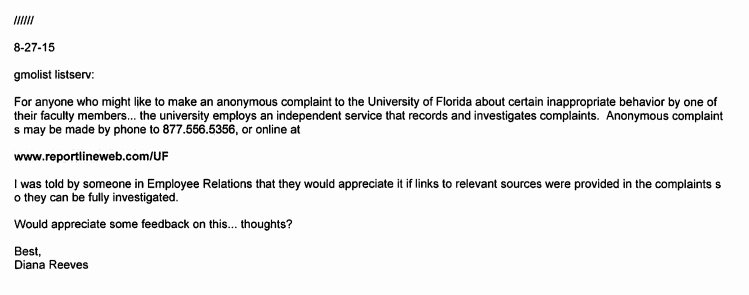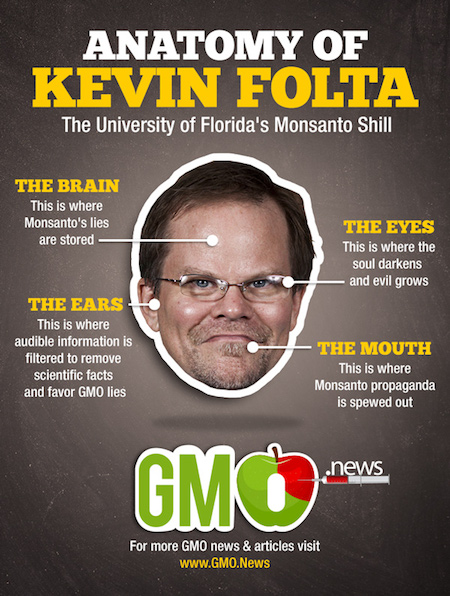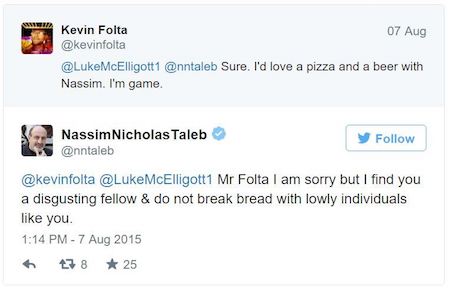I must break from my tradition of writing articles in the 3rd person to relate an important story that affects me personally.
I first learned about GMOs as a sophomore microbiology major in college. (They weren't called GMOs then; they were simply referred to as "transgenic crops.") I remember feeling exhilarated -- the sort of thrill that only accountants or geeky academics can usually understand -- at how basic knowledge of DNA sequences was leading to a huge technological revolution. The opportunities were limitless.
Years later I entered journalism. And I saw breathtaking ignorance and vitriol aimed at scientists like me coming from supposedly educated people. Never in a million years would I have anticipated that our passion for science would be used as a bludgeon or as a scarlet letter.
That is the milieu in which we find the current GMO "debate," which in actuality has devolved into a vicious, relentless assault by organic food activists against the biotechnology community. It doesn't matter if you are a professor, industry scientist, journalist, or private citizen; if you support biotechnology, anti-GMO activists will harass you using their keyboards as weapons of mass defamation.
Their goal is straightforward: Biotech scientists must be destroyed professionally. Failing that, they must be destroyed emotionally.
There's actually a word for this. It's called cyberbullying. Once the weapon of choice for prepubescent teens, it is now deployed, with ruthless efficiency, against PhDs who have committed the unspeakable crime of conducting research on and publicly advocating GMOs. Even worse, these activists are abusing government transparency laws (e.g., FOIA) to harass law-abiding scientists.
The University of Florida's Dr. Kevin Folta has become Public Enemy #1 among this deranged group of activists, who have viciously targeted him. Stephan Neidenbach, a middle school science teacher, has had enough. In an effort to "fight fire with fire," he has issued multiple FOIA requests for e-mails from anti-GMO professors, such as Dr. Hector Valenzuela from the University of Hawaii.
An email list called "GMOList" is a way for anti-GMO activists to communicate with each other. Dr. Valenzuela is a member of that list, and because he used his university email address, it was caught in the FOIA request. Tellingly, the original batch of information released in compliance with the FOIA request was so tiny, that nobody could read it. There is only one reason to do that: To hide information that you do not want the requester reading. So Mr. Neidenbach followed up and got the emails re-released.
What he found was disturbing. One email, sent by Diana Reeves (Founder and Executive Director of GMO Free USA), provides instructions on how to anonymously harass Dr. Folta:

Anti-GMO activists aren't satisfied to stop with endless professional harassment. They also attack Dr. Folta personally, making disparaging caricatures of him online.

If you thought this sort of puerile behavior was limited to cranks on the internet, you'd be wrong. Dr. Nassim Taleb, a professor and bestselling author, also added some of his own insights:

In an excellent post (from which the above graphic was obtained), the blog Violent Metaphors documents Dr. Taleb's outlandish behavior toward anyone who disagrees with him. Particularly, he likes to refer to his critics as "f***offs" and "retards." The author writes that in the GMO debate, Dr. Taleb's "strategy is to prevent conversations from happening by abusing and insulting people who question him, and encouraging his followers to join in."
In Dr. Taleb's opinion, every pro-GMO argument is a "scripted response" from a "GMO shill." It should be noted that Dr. Taleb has no expertise in biology or biotechnology.
It's heartbreaking and infuriating that scientists -- who are also honorable, decent people -- are being treated like this. And it's shocking that neither the mainstream media nor the legal system seems to care. That leaves the good fight to scientists and journalists who are willing to take on activists who are neither constrained by facts nor basic human decency.
If that matters to you, as much as it does to me, then you ought to consider donating to ACSH.




